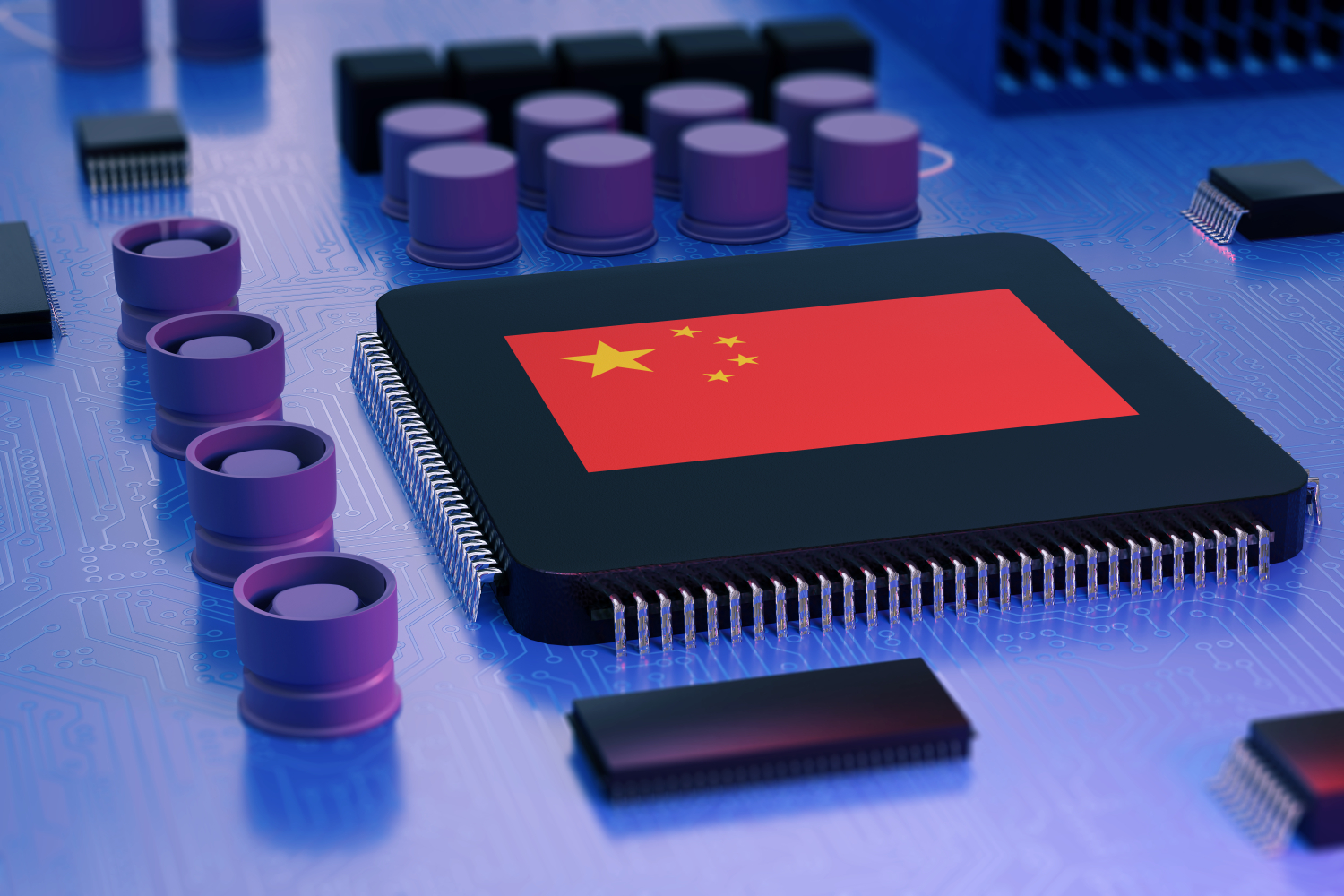Huawei's Woes Mount as US Tech Cuts Ties (Update)
Updated, 5/21/19, 7:05am PT: The Bureau of Industry and Security announced that Huawei suppliers will be given a 90-day reprieve from the new trade restrictions. In an update to the May 15 announcement that it was expanding the Entity List, the bureau said that "Effective May 20, 2019, BIS amended the EAR to create a 90-day temporary general license that partially restores the licensing requirements and policies under the Export Administration Regulations (EAR) for exports, reexports, and transfers (in-country) to sixty-nine entities added to the Entity List on May 16, 2019."
Issuing a temporary license was nominally meant to give American companies more time to adjust their plans following the loss of Huawei's business. But it also gave the U.S. and China time to have more--and hopefully more productive--trade talks. Perhaps the delay of execution will become a stay of execution; but at least now companies should find it easier to transition to an economy that doesn't involve Huawei.
Original article, 5/20/19, 6:18am PT:
Huawei's addition to a U.S. Department of Commerce blacklist could have dire ramifications for the company. Weekend reports indicated that numerous American companies, including Google and Intel, will sever ties with Huawei because of the federal government's actions. The company said it would respond to those lost connections by becoming more self-sufficient, but analysts weren't convinced that it would be able to do so in the near future.
Reuters said on May 19 that Google planned to stop letting Huawei use its apps, the Google Play software marketplace, and other aspects of Android in response to the company's addition to the Entity List on May 15. Huawei would still be allowed to use the Android Open Source Project in its phones, but losing access to Google services would effectively make the version of Android running on the company's smartphones unrecognizable to many people.
Bloomberg later reported that Intel, Qualcomm, Broadcom, and Xilinx wouldn't supply Huawei until further notice. Losing those suppliers could seriously limit Huawei's ability to ship new phones--it's kinda hard to make a smartphone without a processor, wireless modem, and other components made by these companies. Huawei attempted to downplay those concerns by claiming it could replace its American suppliers with some based in China.
Numerous analysts told Reuters and Bloomberg they doubt Huawei's claims. Chinese companies might be able to replicate the products offered by their American counterparts--emphasis on "might"--but analysts didn't think any would be able to do so at the scale Huawei would require. The company is the second-largest smartphone maker in the world, behind Samsung, and that means it needs a large supply of components to meet demand.
Get Tom's Hardware's best news and in-depth reviews, straight to your inbox.
Huawei might not feel the effects of these losses right away, though, because it's reportedly stockpiled enough components to last at least three months. It's also been designing its own chips, but analysts told Reuters that even those efforts could be stymied because they rely on software made by American companies. Losing the U.S. market could have been enough to rock Huawei; losing American suppliers could be even more problematic.
Not that Huawei would be the only company to suffer. Like we said, it's the world's second-largest smartphone maker, and losing that business also hurts American companies. Seeking Alpha reported that numerous semiconductor companies saw their share prices drop this morning. STMicroelectronics, Micron, Qualcomm, Xilinx, and Intel saw price drops between 7.4% (STMicroelectronics) and 1.8% (Intel) in early trading.
It wouldn't be surprising if shareholders for all those companies--from America's semiconductor industry to Huawei--waited with bated breath to see how the U.S. and China planned to proceed. The relationship between the countries is critical, and tensions could harm companies in both. It's only been five days since Huawei was added to the U.S. Department of Commerce blacklist; we doubt this is the last we'll hear about that decision's fallout.

Nathaniel Mott is a freelance news and features writer for Tom's Hardware US, covering breaking news, security, and the silliest aspects of the tech industry.
